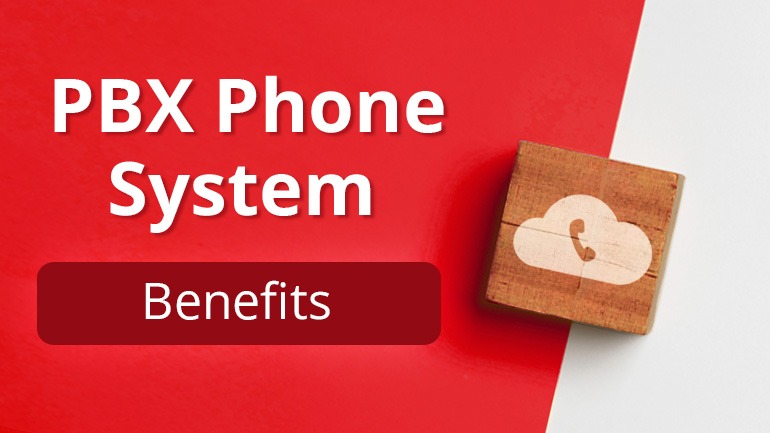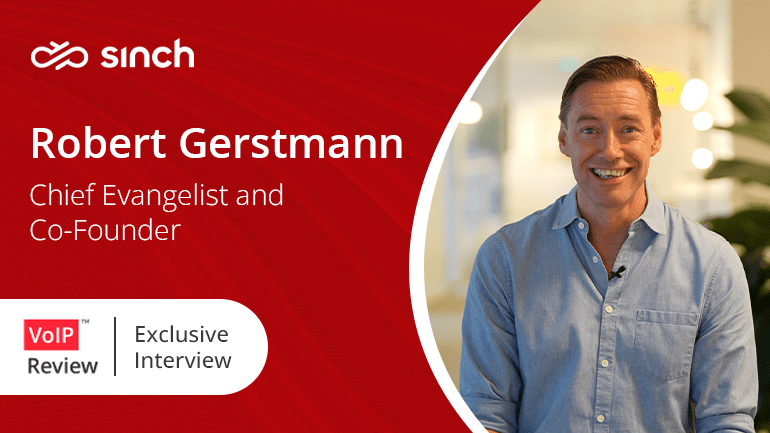Education and Beginnings
Mark Spencer wasn’t a man who came out of nowhere and built this innovative program. He was enrolled at Auburn University as a computer engineer when the entrepreneurial spirit first hit him.
While still a student and finishing up his degree, Spencer decided it was time to put his education to the test and found his own business. This culminated in Linux Support Systems, a company started in 1999 with the original aim of supplying Linux support to other businesses. Spencer had formed an intimate familiarity with Linux and various programming languages, so this was the perfect fit for him.
Like most new entrepreneurs and emerging students, Spencer didn’t have the funds for certain systems required of a business. This led to an innovative decision that is still driving his business today.
Obstacles and Innovation
As a support company, Spencer knew that he needed a software-based PBX solution that would allow him and his representatives to make and take calls to their various clients. PBX systems were still relatively new, but they were great for businesses as they significantly cut down on costs. Instead of paying for a bunch of different phone lines, the system could be used on one phone line and then switch the signal as needed.
Even though these systems were relatively inexpensive in terms of other telecommunications solutions at the time, they were still costly enough to be prohibitive to startups and small businesses.
Faced with the dilemma of either supplying subpar service to his clients or going far beyond his current finances, Spencer crafted his own solution based on his technical expertise.
Spencer literally built his own software-based PBX service. Using all the knowledge he gained from Auburn University, he manually coded and created Asterisk. This open-source program allowed him to utilize all of the PBX functionality while giving him full control over the operations and cost. He didn’t have to pay another business for support or licensing. This gave him the ability to have a fully functioning telecommunications system without all the overhead.
This decision and solution became Spencer’s greatest contribution to technology, and it’s the driving force of his current company.
Rebranding and Distribution
Understanding the gravity of what he created, Spencer made another great decision: to capitalize on Asterisk to its fullest. First of all, he developed it further. VoIP was becoming a huge sensation around this time for its many benefits. Spencer ensured that Asterisk would be able to accommodate VoIP along with traditional switch networks. Due to the massive push towards VoIP, this has made Asterisk future-proof and still very useful to current businesses.
After that, Spencer rebranded his company as Digium. Its primary focus is selling products, hosting and other services centered around the Asterisk program. You can buy phones, cards, gateways and other products, along with solutions to help either host or support your VoIP needs.
To cut costs and ensure that the software was as widely adopted as possible, it was made as an open-source solution for businesses. Those with the technical skill and knowledge are able to use this program without additional help, but many use Digium’s support service and products to ensure they have the best telecommunications experience for them and their clients.
Changing Roles and the Future
Spencer has gone through a few changes at Digium. Aside from founder, he has worked as CEO and then transitioned to chairman. He continues to expand the reach of his program. Started as a company specifically for the United States, Asterisk has gone on to become a global solution for companies all around the world.
Something else that has happened, perhaps without Spencer intending for it, is that his program firmly integrated into the VoIP market. This is because many of VoIP companies are using his open-source software for their own telecommunication needs. Few programs have been able to reach this level of exposure and success.
Spencer has set his software with two different license agreements so that business can choose how to interact with the program. The most noteworthy is the open-source license that allows businesses to use the program without license charges. The second is a proprietary license that allows business owners to sell and distribute otherwise unpublished software features to their own clients.
There are now many open-source VoIP frameworks floating around, but few have the distinction of being the first and the biggest. This honor belongs to Mark Spencer alone, and he is recognized for this and has built his company around this achievement. Business owners around the world used Asterisk for their phone network and it has proven to be reliable, affordable and constantly evolving with new features.







